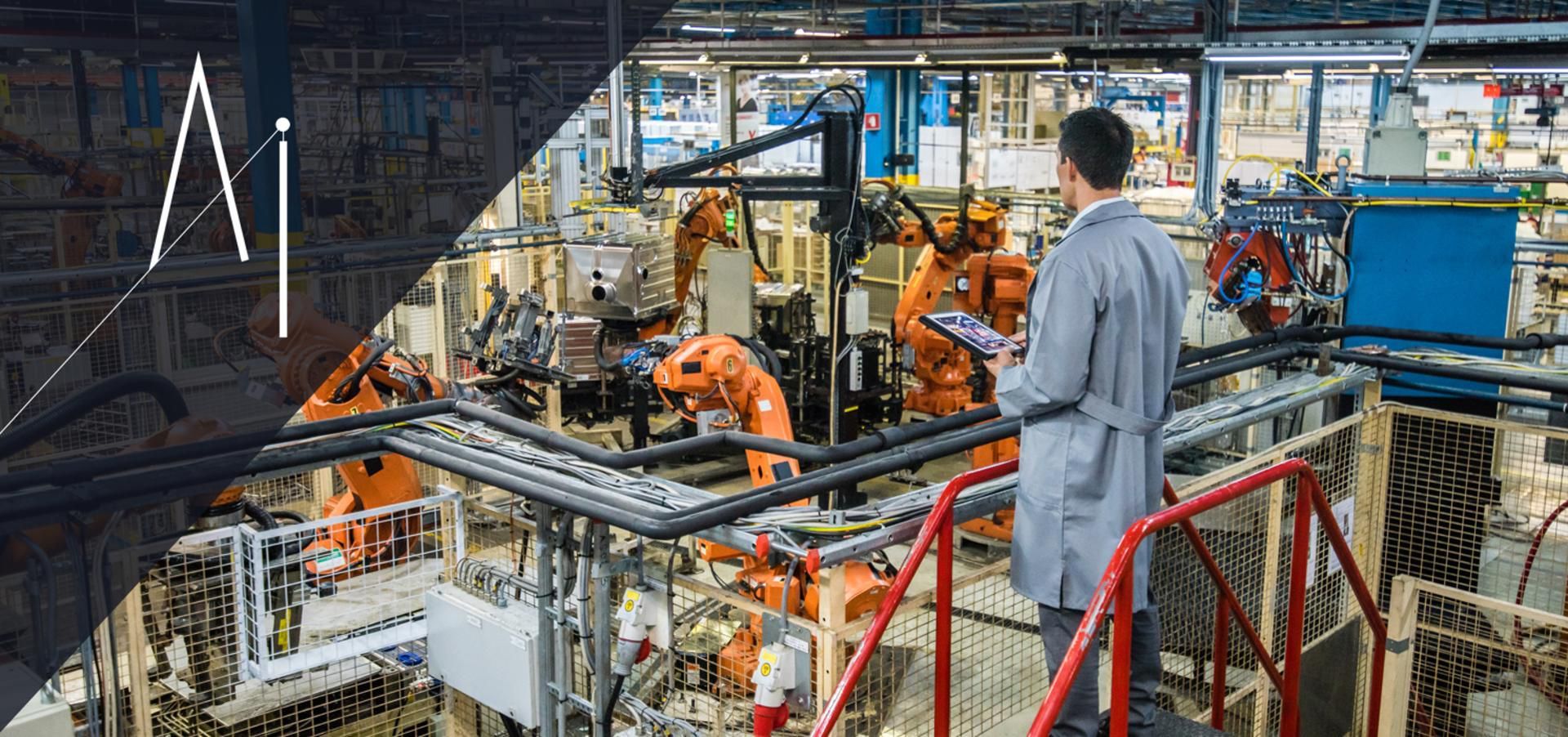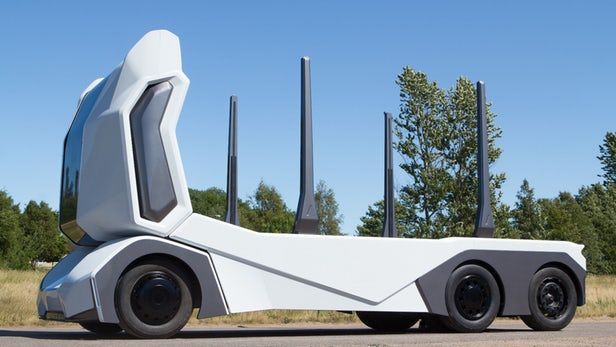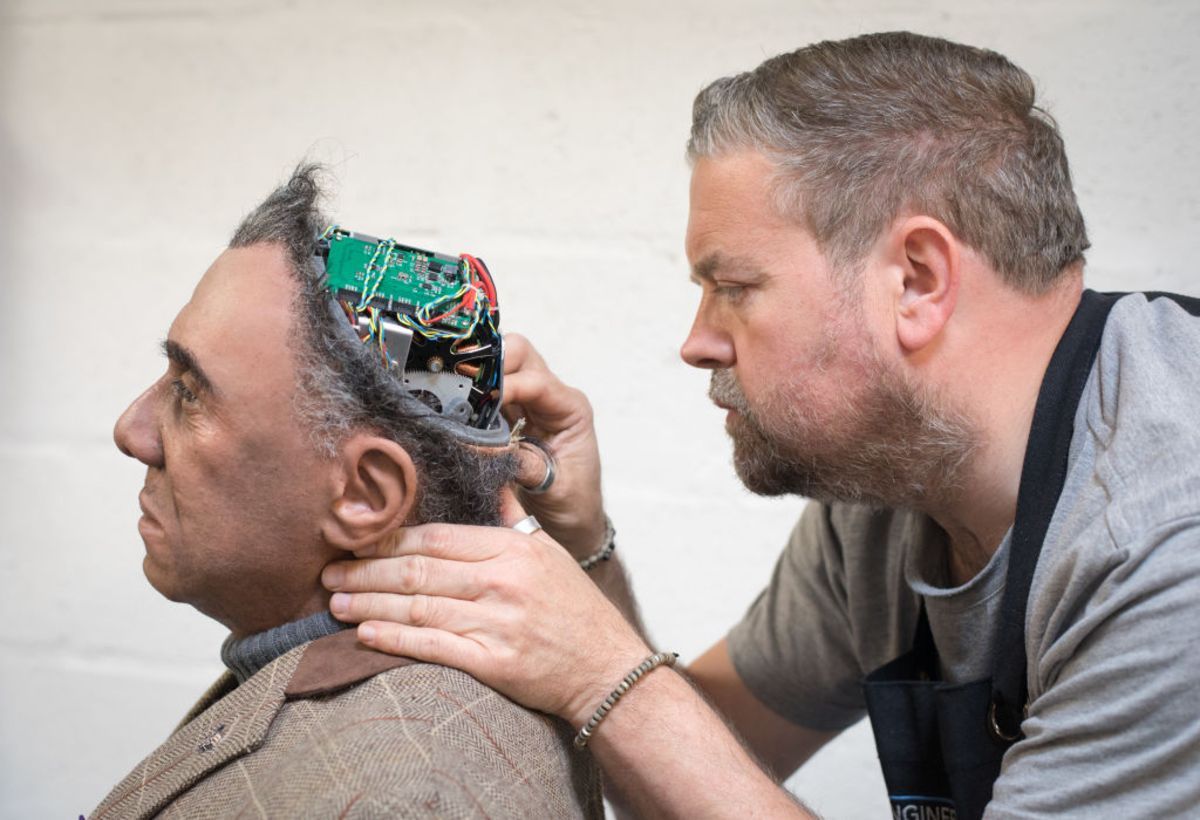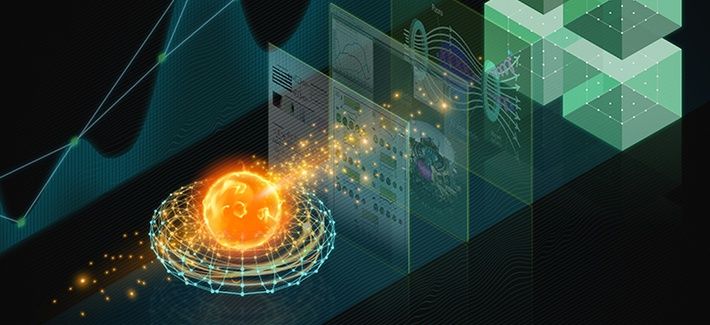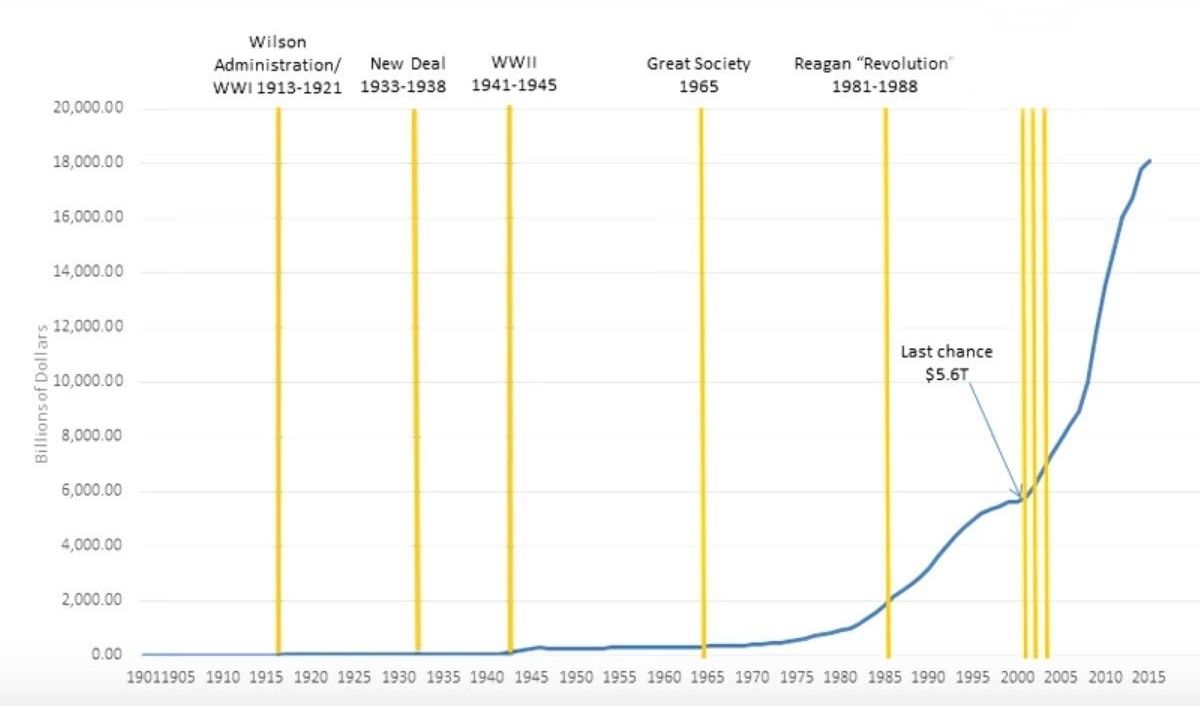PwC forecast that AI would displace 20% jobs by 2037, but it would also create just as many jobs. That suggests fears about robots rendering humans useless may be overblown.
Category: employment
Interesting article on the limited future of human paid employment for AI, some thoughts.
By Paul R. Daugherty and H. James Wilson
Superman versus Batman. Captain America versus Iron Man. Zuckerberg versus Musk?
The reported clash between the two technology titans is proof that not everyone sees the benefits and dangers of artificial intelligence in the same light. Yet from Facebook’s algorithms to Tesla’s self-driving cars, it’s clear that AI isn’t science fiction any longer—and that we’re already at the cusp of a new era, with AI poised to deliver transformational change in business and society.
Full automation of things like Logging, and Mining is not that far off. A humanoid robot that can do all the tasks of those sorts of jobs is already really close, the main issue right now is copying Human Hands, and it is almost there. Then, having vehicles like this to haul the stuff out of there. And, then those jobs are gone for good.
It might not be the quickest vehicle at the event, but Swedish transport company Einride has chosen the Goodwood Festival of Speed to reveal the T-log, an autonomous, electric logging truck. Incorporating some unusual purpose-built design for the niche logging market, the vehicle is designed to go off-road and to navigate forest roads with and without loads.
My debate on #BasicIncome at the FreedomFest against Dr. Barbara Kolm, director at the Austrian Economic Center (debate moderated by syndicated columnist and scholar Veronique de Rugy) got a write-up in Nevada Current (article by journalist Jeniffer Solis). https://www.nevadacurrent.com/…/universal-basic-income-tou…/ #FFest18
Earlier this month, the Vdara Hotel & Spa added two relay robots that deliver snacks, sundries and spa products directly to guest suites. While charmingly decorated as a Golden Retriever and Dalmatian dog with Vdara-themed collars, the new robots — named Fetch and Jett — may be a sign of what’s next for Las Vegas.
In 20 years, about 65 percent of the city’s jobs could be automated, according to a study by the Institute for Spatial Economic Analysis. That projection may be an outlier – the Organization for Economic for Cooperation and Development, for instance, projects only 10 percent of U.S. jobs are vulnerable to automation.
Still, the highest areas of employment in Las Vegas are in low-skilled service positions like office and administrative support, retail sales, food preparation and serving related occupations — repetitive and routine tasks ripe for automation.
This isn’t news to employees. When contracts between the Culinary and Bartenders unions and many large hospitality companies expired earlier this year, protections against automation were among the topics negotiated in the new five-year contracts.
WANT a job with a successful multinational? You will face lots of competition. Two years ago Goldman Sachs received a quarter of a million applications from students and graduates. Those are not just daunting odds for jobhunters; they are a practical problem for companies. If a team of five Goldman human-resources staff, working 12 hours every day, including weekends, spent five minutes on each application, they would take nearly a year to complete the task of sifting through the pile.
Little wonder that most large firms use a computer program, or algorithm, when it comes to screening candidates seeking junior jobs. And that means applicants would benefit from knowing exactly what the algorithms are looking for.
It’s amusing that these people know where this is headed, but arent interested enough to stop it.
The co-chief investment officer and co-chairman of Bridgewater Associates shared his thoughts in a Facebook post on Thursday.
Dalio says he was responding to a question about whether machine intelligence would put enough people out of work that the government will have to pay people to live with a cash handout, a concept known as universal basic income.
My view is that algorithmic/automated decision making is a two edged sword that is improving total productivity but is also eliminating jobs, leading to big wealth and opportunity gaps and populism, and creating a national emergency.
Bottom of the barrel white collar jobs will all probably be automated by 2025.
When Google introduced Google Duplex, its AI assistant designed to speak like a human, the company showed off how the average person could use the tech to save time making reservations and whatnot. What wasn’t touched on was the possibility that Duplex may have a use on the other side of the line, taking over for call center employees and telemarketers.
A report from The Information suggests Google may be making a play to find other applications for its human-sounding assistant and has already started experimenting with ways to use Duplex to do with away roles currently filled by humans—a move that could have ramifications for millions of people.
Recorded at “Contra Krugman: The Economic Myths of the 2016 Election”: the Mises Circle at Seattle’s historic Town Hall, on 21 May 2016.
Presidential candidates promise everything from living wages to free health care and college. Proposals about how to run whole segments of the economy are made with a straight face. The most tired and hackneyed ideas about income equality, corporate greed, creating jobs, and paying one’s fair share of taxes are trotted out. And millions of voters apparently believe it all, falling for the same promises of free stuff and prosperity from Washington.
How do political candidates get away with this nonsense, year after year and election after election? More importantly, what can we do as individuals to fight the entrenched economic illiteracy that keeps politicians in business?
Full talk, licenced under creative common: https://www.youtube.com/watch?v=h6KQY5gbEAM
–
If you like the content, subscribe!

